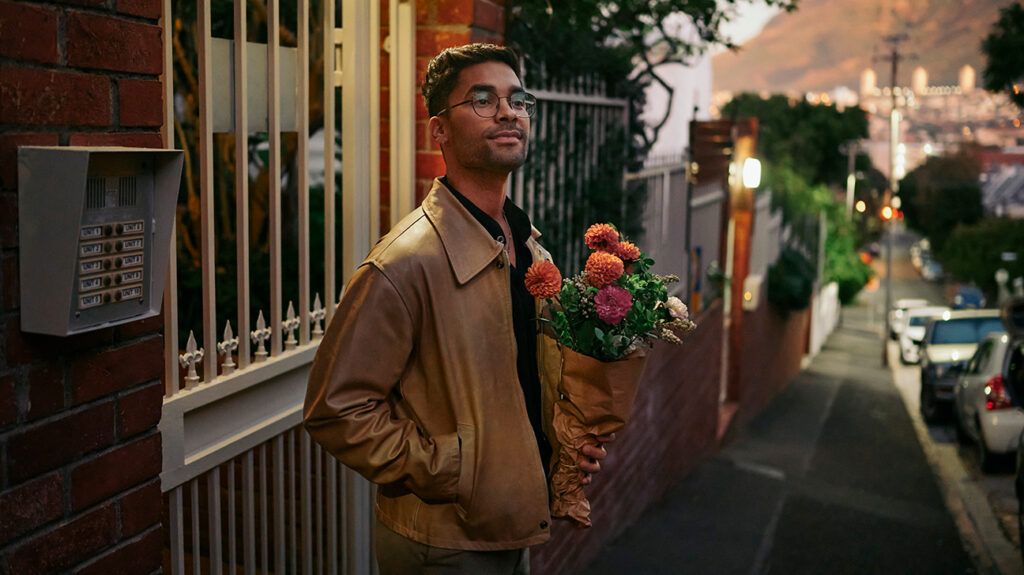A hopeless romantic is someone who falls in love quickly and feels incomplete without a romantic partner. Although being a hopeless romantic isn’t a bad thing, balance is key.

Have you ever been told that you’re a hopeless romantic? People who are hopeless romantics hope for a grand love story straight out of the movies.
They’re typically optimistic about new relationships and believe in notions like meeting “the one.” But sometimes, hopeless romantics can be too idealistic about love, which can lead them to be hurt easily.
Hopeless romantic is a colloquial term that’s used to describe someone who’s idealistic about romantic love. They likely hope for fairytale-like happy endings for themselves and may strongly believe in romantic concepts like soulmates or love at first sight.
Being a hopeless romantic is a state of mind, not a mental health condition. And, like most other personality traits, it comes on a spectrum. It isn’t inherently a positive or negative trait, but it can become unhealthy if taken to the extreme.
Here are some signs that you may be a hopeless romantic.
You dream of happily ever after
You often find yourself daydreaming about what life will be like once you find your life partner. You may have dreamed about your wedding day or longed for the day when you find “the one.”
You believe in romantic notions like destiny and soulmates
Some people may tell you it’s “corny,” but you can’t help but believe in romantic notions. You believe in destiny and that every person has a soulmate. You’re just waiting to meet your perfect match.
You’re optimistic about love
Overall, you feel optimistic about love. Even if you’ve been hurt or disappointed in the past, you still have hope that the love of your life is out there.
Finding romantic love is a priority in your life
You have other values and interests, but settling into a happy relationship is one of your top priorities in life. Finding a partner is your most important goal, and you may spend a lot of time thinking about or working toward this goal.
You tend to fall in love quickly
When you start seeing someone, the romance tends to move quickly. You become invested and attached, and you start imagining a future together almost immediately.
You tend to idealize the people you fall in love with
Especially in the beginning stages of a relationship, you idealize your partner. You think they may be “the one,” and you focus on their positive traits. This may place a lot of high expectations and pressure on them.
You frequently feel disappointed by your partners
On the other hand, the idealization of your relationships can also cause disappointment when those expectations are not met.
Inevitably, your partner will likely do something that brings down the illusion of perfection. This disappointment may have led you to have fewer long-term relationships in the past.
You sometimes ignore warning signs
Some hopeless romantics avoid this disappointment by ignoring warning signs.
Even if your partner is showing red flags, you may be so committed to the idea that they’re your soulmate that you ignore the ways in which the relationship is far from ideal.
You feel like the “perfect” love will complete you
Even if you’re successful in other areas of your life, you can’t help but feel incomplete when you aren’t in a romantic relationship. You feel like you will only be complete when you have met your destined partner.
On one hand, hopeless romantics may have a more optimistic view of relationships and love.
Being hopeful about love is a positive trait as long as expectations are realistic. This sense of hopefulness and optimism can help you be willing to be vulnerable with potential partners and be willing to give your best in relationships.
However, being too idealistic about love can also cause you to become so invested in relationships that you ignore red flags. Hopeless romantics may be more willing to stay in unhealthy relationships for the sake of finding their happily ever after.
In addition, when expectations in relationships are unrealistic, you can set yourself up for disappointment and hurt.
People become hopeless romantics for different reasons. Healthy, hopeless romantics may have simply grown to idealize great romantic loves after witnessing others’ love stories, including in the media or in their families.
One study found that young people who watched more romantic films were more likely to believe in romantic ideals.
On the unhealthy side, some hopeless romantics may be attempting to cope with an anxious attachment style or fear of abandonment. Some may be investing too much into the idea of the perfect relationship to make up for low self-esteem.
Being a hopeless romantic isn’t inherently a bad thing. The optimism and hope that hopeless romantics have can be a positive asset to your personality and life.
However, try to keep your expectations realistic. Even if new partners don’t meet romantic notions like “love at first sight,” try getting to know them before writing them off.
If you’re being mistreated in a relationship, try not to let idealistic hopes prevent you from realizing red flags.
